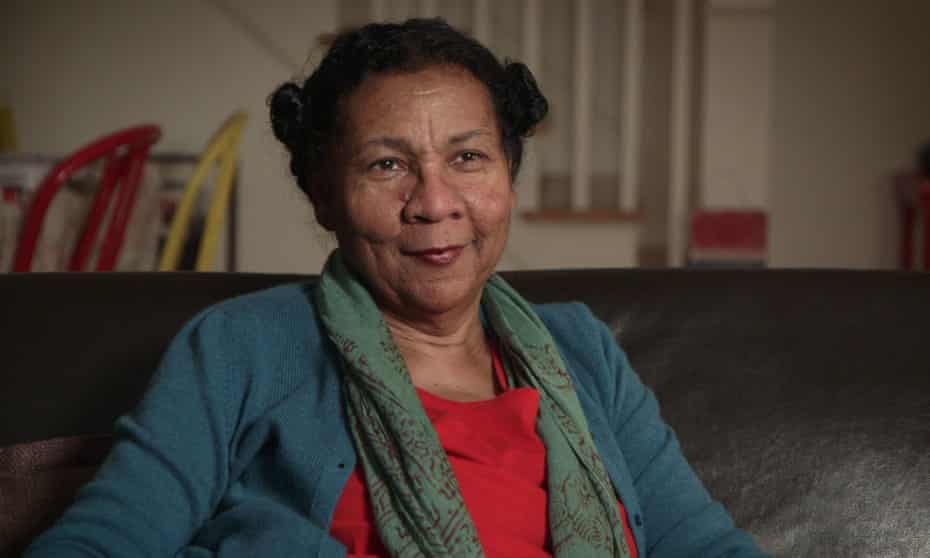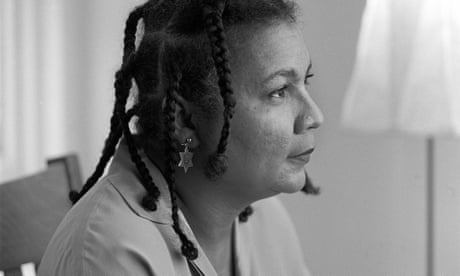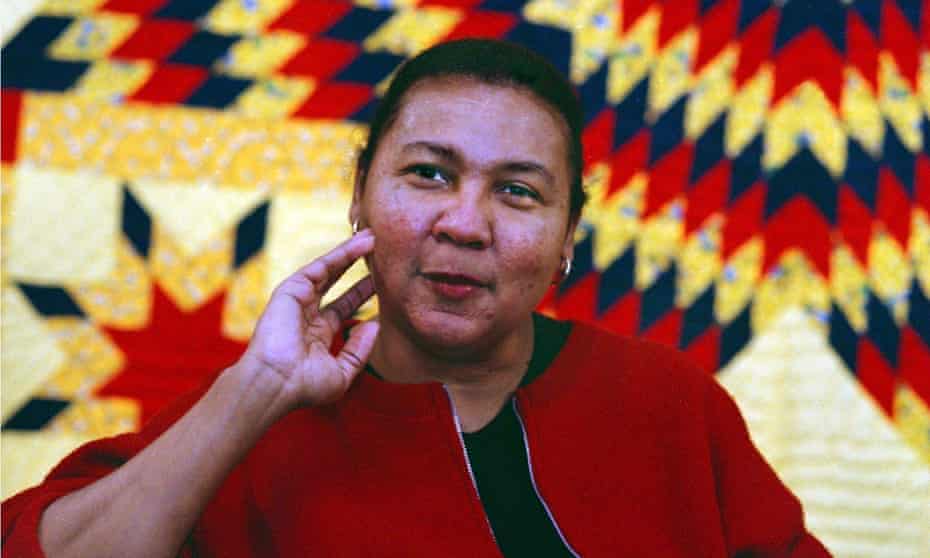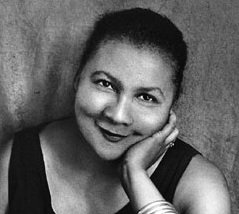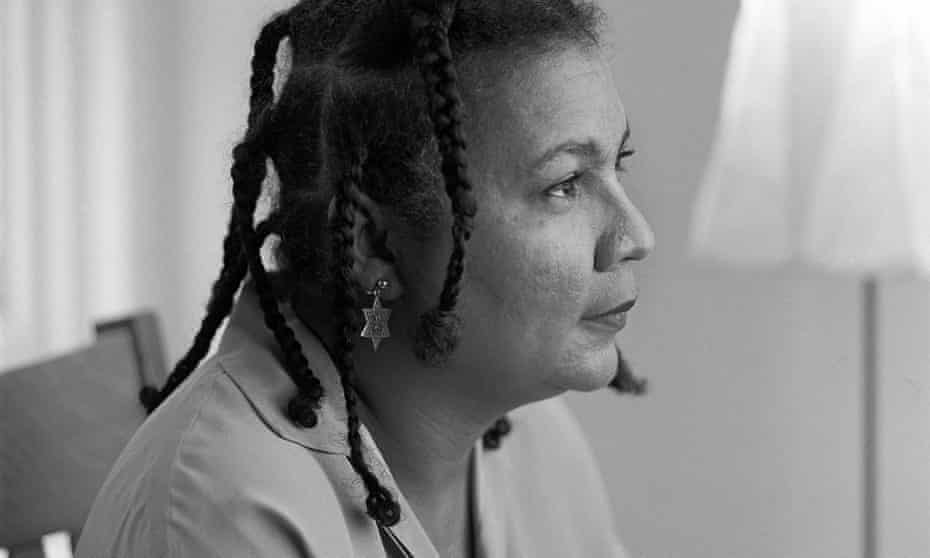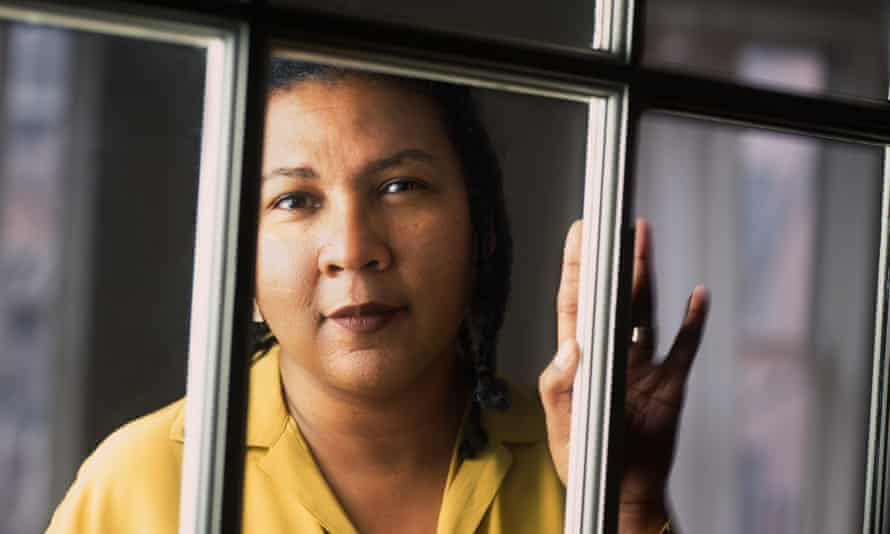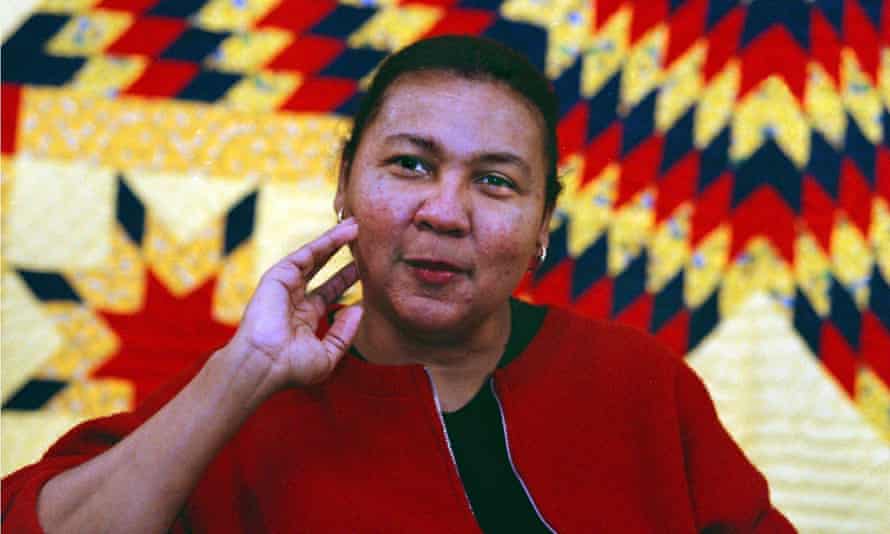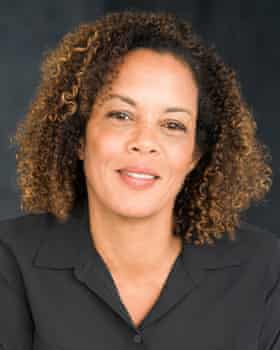UK governing Conservatives suffer shock by-election loss
By DANICA KIRK

1 of 6

The Liberal Democrats have told Boris Johnson that the ‘party is over’ after overturning a 23,000 Tory majority and winning the North Shropshire by-election in what is a humiliating defeat for prime minister Boris Johnson.
In a leave voting seat that the Tories held for nearly 200 years, a swing of 34% saw the Lib Dem candidate Helen Morgan beat the Tory candidate by almost 6,000 votes.
The by-election was called after Owen Paterson’s resignation following his breach of lobbying rules. He quit despite initial Tory attempts to save him by rewriting the standards rules, which led to a public outcry, forcing the prime minister into a humiliating U-turn.
Morgan said: “Tonight, the people of North Shropshire have spoken on behalf of the British people. They have said loudly and clearly, ‘Boris Johnson, the party is over’.
“Your government, run on lies and bluster, will be held accountable. It will be scrutinised, it will be challenged and it can and will be defeated.”
The latest result represents the second by-election loss of a former Tory stronghold to the Lib Dems since the general election.
Chesham and Amersham had also been a Conservative stronghold since the constituency’s creation in 1974, but the Lib Dems won it with a 25% swing from the Tories in July.
Basit Mahmood is editor of Left Foot Forward
Voters ‘gave us a kicking’ in North Shropshire by-election defeat, says Tory party co-chairman
Oliver Dowden said the Conservative party has heard North Shropshire constituents ‘loud and clear’, after the Tories lost their 23,000 majority in the seat

By DANICA KIRK

1 of 6
Helen Morgan of the Liberal Democrats makes a speech after being declared the winner in the North Shropshire by-election in Shrewsbury, England early Friday Dec. 17, 2021. The Liberal Democrats overturned an almost 23,000 Conservative majority to win the special election that was sparked by the resignation of Owen Paterson, a result that heaps further pressure on British Prime Minister Boris Johnson. (Jacob King/PA via AP)
LONDON (AP) — U.K. Prime Minister Boris Johnson’s Conservative Party has suffered a stunning defeat in a parliamentary by-election that was a referendum on his government amid weeks of scandal and soaring COVID-19 infections.
Liberal Democrat Helen Morgan overturned a Conservative majority of almost 23,000 votes from the last election to win Thursday’s contest in North Shropshire, a rural area of northwest England that has been represented by a Conservative almost continuously since 1832. The election was called after the former Conservative member of Parliament resigned amid a corruption scandal.
The result will heap pressure on Johnson just two years after he was reelected with a seemingly unassailable 80-seat majority in Parliament. But his authority has been dented in recent weeks by allegations that he and his staff attended Christmas parties last year while the country was in lockdown, efforts to shield an ally from allegations of illegal lobbying and suggestions that he improperly accepted donations to fund the lavish refurbishment of his official residence.
Against this backdrop, supporters and opponents are questioning Johnson’s handling of the pandemic after coronavirus infections soared to records this week as the highly transmissible omicron variant swept through the U.K.
LONDON (AP) — U.K. Prime Minister Boris Johnson’s Conservative Party has suffered a stunning defeat in a parliamentary by-election that was a referendum on his government amid weeks of scandal and soaring COVID-19 infections.
Liberal Democrat Helen Morgan overturned a Conservative majority of almost 23,000 votes from the last election to win Thursday’s contest in North Shropshire, a rural area of northwest England that has been represented by a Conservative almost continuously since 1832. The election was called after the former Conservative member of Parliament resigned amid a corruption scandal.
The result will heap pressure on Johnson just two years after he was reelected with a seemingly unassailable 80-seat majority in Parliament. But his authority has been dented in recent weeks by allegations that he and his staff attended Christmas parties last year while the country was in lockdown, efforts to shield an ally from allegations of illegal lobbying and suggestions that he improperly accepted donations to fund the lavish refurbishment of his official residence.
Against this backdrop, supporters and opponents are questioning Johnson’s handling of the pandemic after coronavirus infections soared to records this week as the highly transmissible omicron variant swept through the U.K.
Lib Dems overturn 23000 Tory majority and win North Shropshire in humiliating defeat for Boris Johnson
Basit Mahmood Today
The Liberal Democrats have told Boris Johnson that the ‘party is over’
The Liberal Democrats have told Boris Johnson that the ‘party is over’

The Liberal Democrats have told Boris Johnson that the ‘party is over’ after overturning a 23,000 Tory majority and winning the North Shropshire by-election in what is a humiliating defeat for prime minister Boris Johnson.
In a leave voting seat that the Tories held for nearly 200 years, a swing of 34% saw the Lib Dem candidate Helen Morgan beat the Tory candidate by almost 6,000 votes.
The by-election was called after Owen Paterson’s resignation following his breach of lobbying rules. He quit despite initial Tory attempts to save him by rewriting the standards rules, which led to a public outcry, forcing the prime minister into a humiliating U-turn.
Morgan said: “Tonight, the people of North Shropshire have spoken on behalf of the British people. They have said loudly and clearly, ‘Boris Johnson, the party is over’.
“Your government, run on lies and bluster, will be held accountable. It will be scrutinised, it will be challenged and it can and will be defeated.”
The latest result represents the second by-election loss of a former Tory stronghold to the Lib Dems since the general election.
Chesham and Amersham had also been a Conservative stronghold since the constituency’s creation in 1974, but the Lib Dems won it with a 25% swing from the Tories in July.
Basit Mahmood is editor of Left Foot Forward
Voters ‘gave us a kicking’ in North Shropshire by-election defeat, says Tory party co-chairman
Oliver Dowden said the Conservative party has heard North Shropshire constituents ‘loud and clear’, after the Tories lost their 23,000 majority in the seat

Conservative party chairman Oliver Dowden said voters had punished the Conservative party for a series of scandals (Photo by Daniel LEAL / AFP)
By Poppy Wood
December 17, 2021
Voters in North Shropshire gave the Conservatives a “kicking”, party co-chairman Oliver Dowden has admitted, as other MPs warned the Prime Minister has “one strike left”.
Mr Dowden’s comments followed a bruising defeat to the Liberal Democrats in North Shropshire by-election, in a shock result that saw the Conservatives lose the seat for the first time in 200 years.
“Voters in North Shropshire were fed up and they gave us a kicking and I think they wanted to send us a message – and I want to say, as chairman of the Conservative Party, we have heard that loud and clear,” Mr Dowden told Sky News.
“We need to get on with delivering the job and that is precisely what we are doing, for example, with the booster programme to deal with the Omicron variant.”
Boris Johnson now faces a major tests of his leadership after Lib Dem candidate Helen Morgan overturned a 23,000 Tory majority to triumph in the North Shropshire contest.
The by-election was sparked by the resignation of Owen Paterson for breaching lobbying rules, after it emerged he was being paid £112,000 by companies who won lucrative Government contracts.
Voters cited the scandal and subsequent allegations of “Tory sleaze” in deserting the party, many for the first time.
Senior Conservative MPs also blamed the result on recent stories about Christmas parties held in Downing Street last year and insisted the Tories would retake the seat at the next general election.
But Sir Ed Davey, Lib Dem leader, said early on Friday morning that “the party is over” for Mr Johnson.
By Poppy Wood
December 17, 2021
Voters in North Shropshire gave the Conservatives a “kicking”, party co-chairman Oliver Dowden has admitted, as other MPs warned the Prime Minister has “one strike left”.
Mr Dowden’s comments followed a bruising defeat to the Liberal Democrats in North Shropshire by-election, in a shock result that saw the Conservatives lose the seat for the first time in 200 years.
“Voters in North Shropshire were fed up and they gave us a kicking and I think they wanted to send us a message – and I want to say, as chairman of the Conservative Party, we have heard that loud and clear,” Mr Dowden told Sky News.
“We need to get on with delivering the job and that is precisely what we are doing, for example, with the booster programme to deal with the Omicron variant.”
Boris Johnson now faces a major tests of his leadership after Lib Dem candidate Helen Morgan overturned a 23,000 Tory majority to triumph in the North Shropshire contest.
The by-election was sparked by the resignation of Owen Paterson for breaching lobbying rules, after it emerged he was being paid £112,000 by companies who won lucrative Government contracts.
Voters cited the scandal and subsequent allegations of “Tory sleaze” in deserting the party, many for the first time.
Senior Conservative MPs also blamed the result on recent stories about Christmas parties held in Downing Street last year and insisted the Tories would retake the seat at the next general election.
But Sir Ed Davey, Lib Dem leader, said early on Friday morning that “the party is over” for Mr Johnson.
RELATED STORIES
North Shropshire is nightmare before Christmas for Johnson but Lib Dems can't rejoice too much17 December, 2021
Mr Davey called his party’s victory a “watershed moment in our politics” that offered hope to voters across the country “that a brighter future is possible”.
He added that his party was committed to ousting the Prime Minister from Downing Street, marking another heavy blow for Mr Johnson following a torrid fortnight.
The Prime Minister was forced to launch an investigation into allegations that Downing Street hosted several Christmas parties last year after leaked footage showed Number 10 aides joking about a lack of social distancing at one event.
Meanwhile, skyrocketing cases of the Omicron variant have sparked allegations that the Government acted too late in imposing Plan B restrictions, and could see the UK under further national lockdowns.
It has seen Mr Johnson’s approval ratings plummet to the lowest level of his premiership, with Labour confidently overtaking the Conservatives in the polls.
Veteran pollster Professor John Curtice said the result in North Shropshire was an “earthquake” for the Conservatives that measured 8.5 out of ten on the Richter scale.
He added that the last major swing away from the Conservatives to the Liberal Democrats was in Christchurch in 1993, which formed part a series of by-elections that preceded Labour’s 1997 general election win.
“It’s not quite unprecedented but the precedents are not very comfortable for the Conservatives,” he told BBC’s Today programme.
Sir Roger Gale, the MP for North Thanet, said: “The Conservative party has a reputation for not taking prisoners. If the Prime Minister fails, the Prime Minister goes.
“This has to be seen as a referendum on the prime minister’s performance and I think the prime minister is in last orders time. [There have been] two strikes already. One earlier this week in the vote in the Commons, now this. One more strike and he’s out.”
Beleaguered Boris Johnson facing further pressure after loss of 'ultra-safe' by-election
Lib Dem Helen Morgan delivered a fresh blow to the beleaguered UK Prime Minister when she won the election by a massive 5,925 votes

Prime Minister Boris Johnson faces further pressure from angry Tory backbenchers.
Mr Davey called his party’s victory a “watershed moment in our politics” that offered hope to voters across the country “that a brighter future is possible”.
He added that his party was committed to ousting the Prime Minister from Downing Street, marking another heavy blow for Mr Johnson following a torrid fortnight.
The Prime Minister was forced to launch an investigation into allegations that Downing Street hosted several Christmas parties last year after leaked footage showed Number 10 aides joking about a lack of social distancing at one event.
Meanwhile, skyrocketing cases of the Omicron variant have sparked allegations that the Government acted too late in imposing Plan B restrictions, and could see the UK under further national lockdowns.
It has seen Mr Johnson’s approval ratings plummet to the lowest level of his premiership, with Labour confidently overtaking the Conservatives in the polls.
Veteran pollster Professor John Curtice said the result in North Shropshire was an “earthquake” for the Conservatives that measured 8.5 out of ten on the Richter scale.
He added that the last major swing away from the Conservatives to the Liberal Democrats was in Christchurch in 1993, which formed part a series of by-elections that preceded Labour’s 1997 general election win.
“It’s not quite unprecedented but the precedents are not very comfortable for the Conservatives,” he told BBC’s Today programme.
Sir Roger Gale, the MP for North Thanet, said: “The Conservative party has a reputation for not taking prisoners. If the Prime Minister fails, the Prime Minister goes.
“This has to be seen as a referendum on the prime minister’s performance and I think the prime minister is in last orders time. [There have been] two strikes already. One earlier this week in the vote in the Commons, now this. One more strike and he’s out.”
Beleaguered Boris Johnson facing further pressure after loss of 'ultra-safe' by-election
Lib Dem Helen Morgan delivered a fresh blow to the beleaguered UK Prime Minister when she won the election by a massive 5,925 votes

Prime Minister Boris Johnson faces further pressure from angry Tory backbenchers.
Picture: Aaron Chown/PA
FRI, 17 DEC, 2021 -
SAM BLEWETT,
SAM BLEWETT,
PA DEPUTY POLITICAL EDITOR
Boris Johnson will come under vast pressure after losing what had been an ultra-safe seat in a stunning defeat to the Lib Dems during the by-election triggered by a sleaze scandal.
Tory nerves will be further rattled by the emphatic victory for the Lib Dems on Thursday when they overturned a near-23,000 majority to seize the West Midlands seat in North Shropshire.
Lib Dem Helen Morgan delivered a fresh blow to the beleaguered UK Prime Minister when she won by a massive 5,925 votes, in what is one of the biggest by-election triumphs in recent decades.

Boris Johnson will come under vast pressure after losing what had been an ultra-safe seat in a stunning defeat to the Lib Dems during the by-election triggered by a sleaze scandal.
Tory nerves will be further rattled by the emphatic victory for the Lib Dems on Thursday when they overturned a near-23,000 majority to seize the West Midlands seat in North Shropshire.
Lib Dem Helen Morgan delivered a fresh blow to the beleaguered UK Prime Minister when she won by a massive 5,925 votes, in what is one of the biggest by-election triumphs in recent decades.

Liberal Democrat Helen Morgan makes her speech after her stunning by-election win (Jacob King/PA)
How does this cap Boris Johnson’s week off?
No doubt about it, this has been a torrid week for the Prime Minister.
Conservative backbenchers dealt him the worst rebellion of his leadership on Tuesday as they voted against the mandatory use of Covid health passes for large venues.
Some 100 Tories opposed the plans despite Mr Johnson personally trying to win them over, as the Omicron variant of coronavirus surged.
The measures passed with Labour’s support but the rebellion only makes it tougher for Boris Johnson to introduce further restrictions if they are required to protect the NHS.
He has also continued to be battered by numerous allegations of lockdown-breaching parties being held in No 10 and by other Tories, including last Christmas.
The outcome of UK Cabinet Secretary Simon Case’s investigation into gatherings in Downing Street and other Government departments could be published this week.
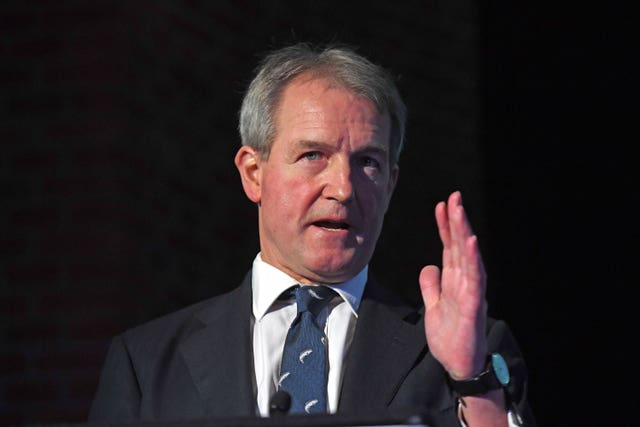
How does this cap Boris Johnson’s week off?
No doubt about it, this has been a torrid week for the Prime Minister.
Conservative backbenchers dealt him the worst rebellion of his leadership on Tuesday as they voted against the mandatory use of Covid health passes for large venues.
Some 100 Tories opposed the plans despite Mr Johnson personally trying to win them over, as the Omicron variant of coronavirus surged.
The measures passed with Labour’s support but the rebellion only makes it tougher for Boris Johnson to introduce further restrictions if they are required to protect the NHS.
He has also continued to be battered by numerous allegations of lockdown-breaching parties being held in No 10 and by other Tories, including last Christmas.
The outcome of UK Cabinet Secretary Simon Case’s investigation into gatherings in Downing Street and other Government departments could be published this week.

The by-election was triggered by the resignation of former Cabinet minister Owen Paterson (Victoria Jones/PA Wire)
What does the result mean for Boris Johnson?
The second by-election loss of what should have been a secure Tory seat since his landslide victory in 2019 will only jangle Conservative nerves further and dent Mr Johnson’s authority.
His ability to win polls is what installed Mr Johnson as Conservative leader, but some may now wonder whether it was the “get Brexit done” slogan that swung the general election.
After the record backbench rebellion, senior Tories were questioning his approach.
Potential challengers within Mr Johnson’s Cabinet have reportedly been jostling for position just in case a vote of no confidence is triggered.
Asked on Wednesday if Mr Johnson would quit if North Shropshire falls, hiss press secretary said: “We are fighting for every vote.”
Just how safe was North Shropshire considered?
It should have been rock solid. North Shropshire has returned a Tory MP in every vote since 1983, which was the constituency’s first election in its current form.
But the area has been true blue, only twice voting for another colour, since the Conservative Party’s inception in 1830.
In the 2019 general election, the Tories won 62.7% of the vote and held the seat with a majority of 22,949 over Labour, with the Lib Dems in third.
How does this sit in recent swings?
In June, the Lib Dems seized the Buckinghamshire seat of Chesham and Amersham from the Tories. That too had been considered ultra-safe for the Conservatives.
It had been a Tory stronghold since the seat’s creation in 1974, but the Lib Dems won with a 25% swing from the Tories.
But Thursday’s result was even more crushing. The Lib Dems won North Shropshire by 5,925 votes over the Conservatives, in a swing of 34%.
This makes it one of the worst by-election defeats in the last 30 years, with the fourth greatest swing during that period.

What does the result mean for Boris Johnson?
The second by-election loss of what should have been a secure Tory seat since his landslide victory in 2019 will only jangle Conservative nerves further and dent Mr Johnson’s authority.
His ability to win polls is what installed Mr Johnson as Conservative leader, but some may now wonder whether it was the “get Brexit done” slogan that swung the general election.
After the record backbench rebellion, senior Tories were questioning his approach.
Potential challengers within Mr Johnson’s Cabinet have reportedly been jostling for position just in case a vote of no confidence is triggered.
Asked on Wednesday if Mr Johnson would quit if North Shropshire falls, hiss press secretary said: “We are fighting for every vote.”
Just how safe was North Shropshire considered?
It should have been rock solid. North Shropshire has returned a Tory MP in every vote since 1983, which was the constituency’s first election in its current form.
But the area has been true blue, only twice voting for another colour, since the Conservative Party’s inception in 1830.
In the 2019 general election, the Tories won 62.7% of the vote and held the seat with a majority of 22,949 over Labour, with the Lib Dems in third.
How does this sit in recent swings?
In June, the Lib Dems seized the Buckinghamshire seat of Chesham and Amersham from the Tories. That too had been considered ultra-safe for the Conservatives.
It had been a Tory stronghold since the seat’s creation in 1974, but the Lib Dems won with a 25% swing from the Tories.
But Thursday’s result was even more crushing. The Lib Dems won North Shropshire by 5,925 votes over the Conservatives, in a swing of 34%.
This makes it one of the worst by-election defeats in the last 30 years, with the fourth greatest swing during that period.

Losing North Shropshire was another major blow to Boris Johnson (Justin Tallis/PA)
North Shropshire: LibDems overturn massive Tory majority
By Richard MasonMultimedia Journalist

LibDem candidate Helen Morgan became the first non-Tory to be elected in the area in almost 200 years
THE LibDems have overcome a massive Tory majority in North Shropshire to win the by-election and pile pressure on Boris Johnson.
In one of the most comprehensive by-election defeats in recent decades, the Conservatives lost what was an ultra-safe seat to LibDem Helen Morgan by 5925 votes.
The Prime Minister’s authority was dealt another blow with the swing to the LibDems a massive 34% in the ballot triggered by the resignation of Owen Paterson.
The former minister had a near-23,000 majority in the West Midlands constituency in the 2019 General Election when Johnson achieved a landslide, but support evaporated as the Tories battle damning allegations on multiple fronts.

By Richard MasonMultimedia Journalist

LibDem candidate Helen Morgan became the first non-Tory to be elected in the area in almost 200 years
THE LibDems have overcome a massive Tory majority in North Shropshire to win the by-election and pile pressure on Boris Johnson.
In one of the most comprehensive by-election defeats in recent decades, the Conservatives lost what was an ultra-safe seat to LibDem Helen Morgan by 5925 votes.
The Prime Minister’s authority was dealt another blow with the swing to the LibDems a massive 34% in the ballot triggered by the resignation of Owen Paterson.
The former minister had a near-23,000 majority in the West Midlands constituency in the 2019 General Election when Johnson achieved a landslide, but support evaporated as the Tories battle damning allegations on multiple fronts.

Owen Paterson stepped down from his seat after attempts were made by the Tories to stop him from being suspended over a lobbying scandal
Not only was the vote triggered by the sleaze scandal centred on Paterson, but it also came after the beleaguered Prime Minister has been battered by claims of lockdown-breaching parties in Downing Street.
And the defeat will cap a torrid week that included the massive rebellion Conservative backbenchers dealt Mr Johnson on Tuesday over his new coronavirus restrictions as the Omicron variant surged.
Morgan won 17,957 votes, trouncing Tory candidate Neil Shastri-Hurst (below) into second on 12,032.
“Tonight, the people of North Shropshire have spoken on behalf of the British people. They have said loudly and clearly, ‘Boris Johnson, the party is over’,” Morgan said in her victory speech.
“Your Government, run on lies and bluster, will be held accountable. It will be scrutinised, it will be challenged and it can and will be defeated.”

North Shropshire had returned a Tory MP in every vote since 1983, which was the constituency’s first election in its current form.
But the Brexit-backing area has voted Tory in every vote since the Conservative Party’s inception in 1830.
Conservative Party chairman Oliver Dowden said the voters in the North Shropshire by-election had given the Tories “a kicking”.
He told Sky News: “Voters in North Shropshire were fed up and they gave us a kicking. I think they wanted to send us a message and I want to say as chairman of the Conservative Party we’ve heard that loud and clear.
“We need to get on with delivering the job and that’s precisely what we’re doing.”
Paterson represented the constituency for 24 years until his resignation after the Prime Minister’s botched attempt to shield him from a 30-day suspension.
Johnson attempted to force a Tory-led review of the rules for MPs after Paterson was found to have breached lobbying rules for two companies paying him £100,000 a year.
Multiple fresh allegations of sleaze were levelled at the Tories during the row and ultimately the MP was forced to resign.
In 2019, the Tories won 62.7% of the vote and held the seat with a majority of 22,949 over Labour.
Morgan came third with just 10% of the vote when facing Paterson in the General Election.

Thursday’s defeat compounds a tumultuous period for Johnson after 100 Tories defied the leadership to vote against the introduction of mandatory Covid health passes for entry to large venues – the biggest rebellion since he entered No 10.
Asked on Wednesday if Johnson would quit if North Shropshire falls, the Prime Minister’s press secretary said: “We are fighting for every vote.”
The 34% swing to the LibDems was the fourth largest in a by-election in the last 30 years and even bigger than in the party’s first seizure of a former Tory stronghold since the General Election.
Chesham and Amersham had been a Tory stronghold since the constituency’s creation in 1974, but the Lib Dems took it with a 25% swing from the Tories in July.
Morgan, a 46-year-old accountant who lives in the Shropshire village of Harmer Hill, will become the newest.
Not only was the vote triggered by the sleaze scandal centred on Paterson, but it also came after the beleaguered Prime Minister has been battered by claims of lockdown-breaching parties in Downing Street.
And the defeat will cap a torrid week that included the massive rebellion Conservative backbenchers dealt Mr Johnson on Tuesday over his new coronavirus restrictions as the Omicron variant surged.
Morgan won 17,957 votes, trouncing Tory candidate Neil Shastri-Hurst (below) into second on 12,032.
“Tonight, the people of North Shropshire have spoken on behalf of the British people. They have said loudly and clearly, ‘Boris Johnson, the party is over’,” Morgan said in her victory speech.
“Your Government, run on lies and bluster, will be held accountable. It will be scrutinised, it will be challenged and it can and will be defeated.”

North Shropshire had returned a Tory MP in every vote since 1983, which was the constituency’s first election in its current form.
But the Brexit-backing area has voted Tory in every vote since the Conservative Party’s inception in 1830.
Conservative Party chairman Oliver Dowden said the voters in the North Shropshire by-election had given the Tories “a kicking”.
He told Sky News: “Voters in North Shropshire were fed up and they gave us a kicking. I think they wanted to send us a message and I want to say as chairman of the Conservative Party we’ve heard that loud and clear.
“We need to get on with delivering the job and that’s precisely what we’re doing.”
Paterson represented the constituency for 24 years until his resignation after the Prime Minister’s botched attempt to shield him from a 30-day suspension.
Johnson attempted to force a Tory-led review of the rules for MPs after Paterson was found to have breached lobbying rules for two companies paying him £100,000 a year.
Multiple fresh allegations of sleaze were levelled at the Tories during the row and ultimately the MP was forced to resign.
In 2019, the Tories won 62.7% of the vote and held the seat with a majority of 22,949 over Labour.
Morgan came third with just 10% of the vote when facing Paterson in the General Election.

Thursday’s defeat compounds a tumultuous period for Johnson after 100 Tories defied the leadership to vote against the introduction of mandatory Covid health passes for entry to large venues – the biggest rebellion since he entered No 10.
Asked on Wednesday if Johnson would quit if North Shropshire falls, the Prime Minister’s press secretary said: “We are fighting for every vote.”
The 34% swing to the LibDems was the fourth largest in a by-election in the last 30 years and even bigger than in the party’s first seizure of a former Tory stronghold since the General Election.
Chesham and Amersham had been a Tory stronghold since the constituency’s creation in 1974, but the Lib Dems took it with a 25% swing from the Tories in July.
Morgan, a 46-year-old accountant who lives in the Shropshire village of Harmer Hill, will become the newest.




